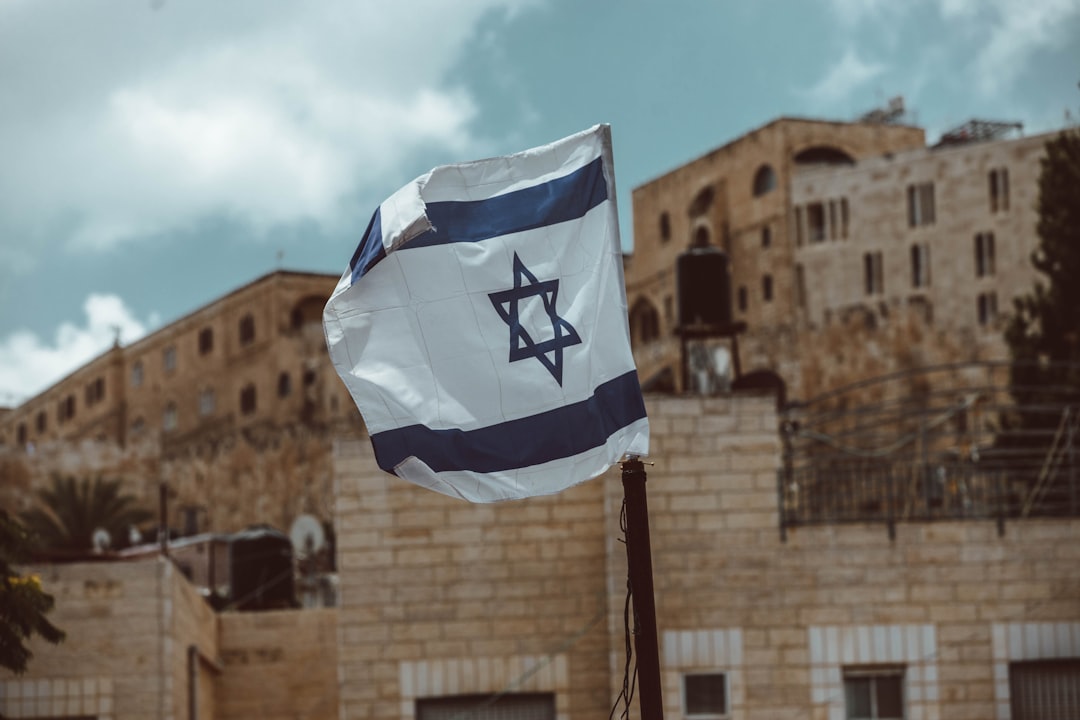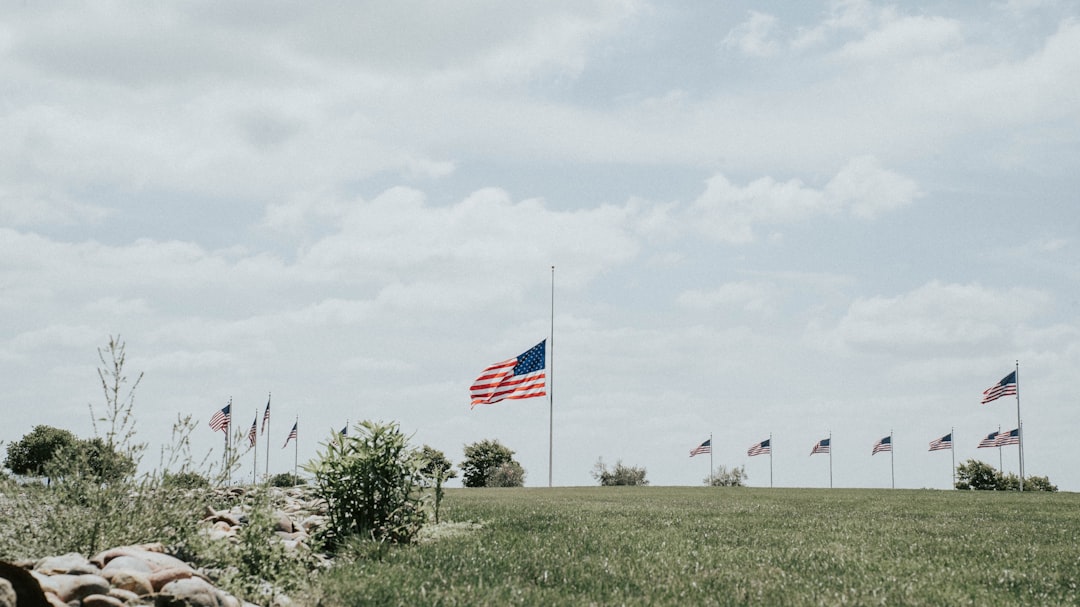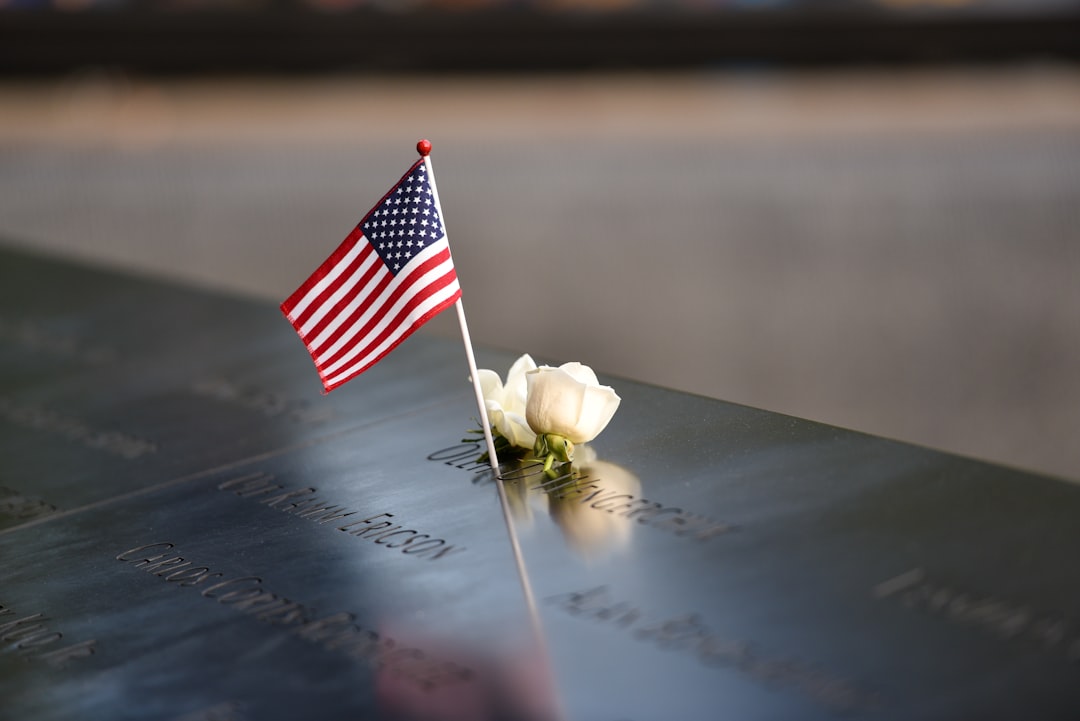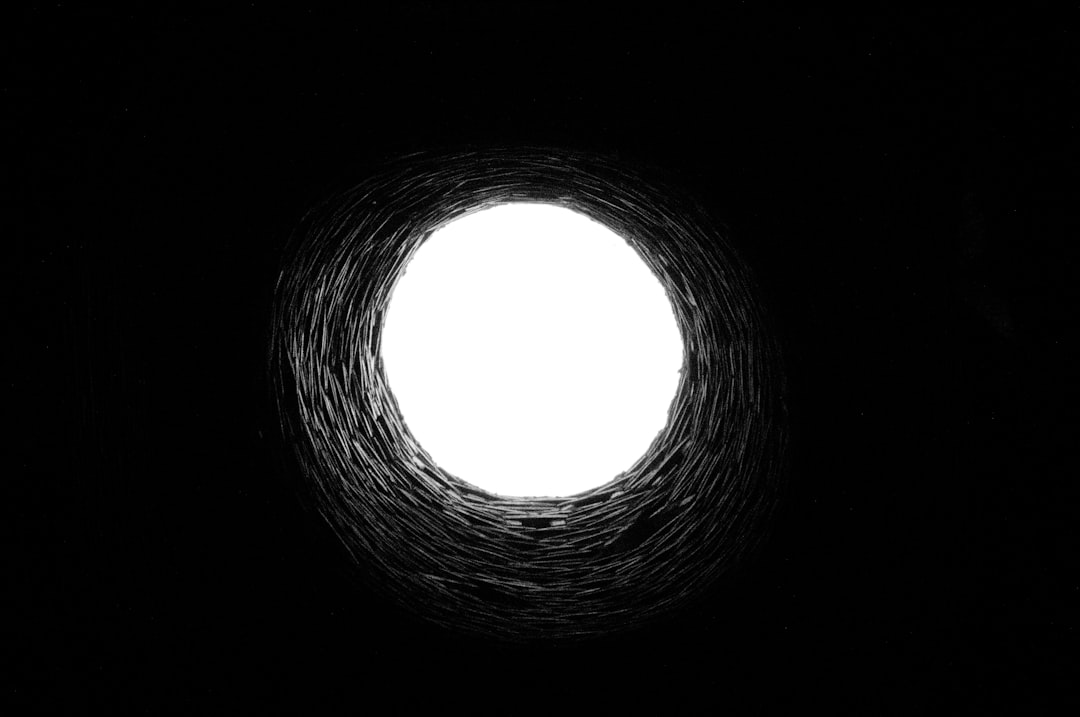Introduction
What is at the heart of “wokeness”? For the uninitiated, to be “woke” means to have “woken up” to the realization that the world is the way it is because of systems that keep certain people down, and certain people up. The system keeps certain people oppressed, and others immune from oppression. To be “woke” means to see the world in terms of systems of oppression. And therefore right change means to even-out all outcomes - “equality”.
The wreckage of such a worldview is everywhere: the burned cities of 2020; a generation of sexually mutilated people; and increased, not decreased racism. To give but two recent examples of that third piece of wreckage, the increased racism: the mayor of Chicago, in the name of wokeness, announced yesterday that she will only give interviews to non-white people. And a major university is now - ironically - waking up to the realization that their hire of a founder of BLM was in fact the hiring of an inveterate racist.
You can also see the change in the redefining of words. The Concise Oxford used to define racism largely around the biblical definition: that is, racial vainglory or malice - pride or animosity, based on race. But no more: now their definition includes anything that is thought to yield disparate outcomes among races. The woke movement, in order to justify and paper over its work and goals, must literally change the dictionary.
The Heart of It
But why? Where is all this coming from? I submit to you, dear reader, that it goes deeper than systems. Yes, there has been racism in our country’s past - deep racism, heartfelt, sinful pride and animosity based on race - much of it by white peoples. But the current bogeyman of the “system” - “systemic racism” is a parasitical freeloading off that past to paper over its real motivations.
Psalm 73 paints us a vivid picture of this heart of wokeness. The Psalm is all about the prosperity of the wicked: they are in comfort till the moment they die; they have beautiful bodies (4); they have the resources to get themselves out of their own problems; they don’t suffer the same consequences like everyone else (5); so they live in pride - it’s their defining characteristic (6).
But they’re content with violence (6). And while violence rages, they just get more fat and happy (7). They scoff at the needs of the poor - always at ease, their riches always increasing (12). And people look up at them and can only conclude, no matter how hard I work, no matter how clean I live, I’ll never get there. I’ll never experience their prosperity. I can’t. I’m kept from their perch, by the systems in place that oppress me.
Out of the Frying Pan and into the Politburo
Today many people tried to restrain themselves, seeking to peacefully coexist with the proud prosperity they see. But some could do so no longer, and finally gave in. They finally spoke up. And betrayed their own generation (15). These “anti-racists” have gone beyond the dream of MLK to the nightmare of Marx, with only greater division and racism to show for it. Although, like the old Soviet Politburo, the leaders are doing quite well, buying million-dollar homes in white neighborhoods. Which is instructive, to what’s really at the heart of it all.
By the point of verse 15 of Psalm 73, there is really no difference at heart between the Psalmist and Ibrahim Kendi or the founders of BLM. They see the world the same. They are both envious of the arrogant (3). Envious of the prosperity of arrogant proud people, living their dreams. The success of modern-day BLM is based on an age-old human sin: envy. Coveting. Simple, human envy. This is why racism’s definition must be changed from pride and animosity to equality of outcomes - we want what the proud and prosperous have, and we can’t have it.
This is the basis for all human conflict, throughout the centuries. We both reach for the same brass ring, and our heads knock on the way down. And so we fight. Our present-day race wars are actually envy of the prosperity of the wicked, cloaked in something more noble, more palatable to the woke mind. After all, naked envy is so ugly, in every generation.
Acceptable Sins
So is every other kind of wickedness. The wickedness of fat, prosperous, proud people is still ugly too. And it may be that this is evangelical America’s great sin - or at least one of them - that we have enshrined gluttony and greed in our halls of “acceptable sins”, as I think Jerry Bridges once put it. And others look in on that idolatry and rightly find it ugly. Even while they long to be in the same place, enjoying the same idols. The only thing as strong as the greed of the rich is the greed of the poor.
So how do we resolve this morass of ugly desire? Our present tactic is to follow Marx’s ideologies, which flattens out all moral distinctions, under the massive weight of “equality”. Who can argue with such a glorious concept as “equality”? In fact, if you do, you’ve just demonstrated how deeply corrupt you are in your racism - you’ve just shown how deep your “whiteness” goes. It’s a system that boils everyone down into easy-to-identify groups of GOOD and BAD - woke, or racist. And if you argue with the categories, well, we smile, knowing which group you belong to.
It is brutal, simplistic, immoral thinking, that has bred violence in the streets, and in our culture. If you don’t want to believe the Bible, take an honest look at the fruit from this tree. Ugly has begat ugly. That’s all we’ve got.
From Beastly to Biblical
But the Psalmist knows better. Something pulls him up short, up and out of his covetous ruminations. It happens when he goes into the house of God (17). He realizes that BOTH the prosperous wicked, and the covetous poor will meet the same end:
“Truly you set them in slippery places; you make them fall to ruin.”
Now the Psalmist is truly “woke”, as He considers the future, when GOD awakes and brings judgment (20).
Only now, at this point, does the Psalmist gain a proper self-understanding of what he was like, in his envy:
“When my soul was embittered, when I was pricked in heart, I was brutish and ignorant; I was like a beast toward you.” (21-22)
This is why the angry, untethered women of BLM and the unhinged gamers of Antifa act like beasts - why they think burning down cities and acting in brazenly racist ways will actually DO something: because that’s what envy does to us. It makes us sub-human. It makes us like the thing we hate and resent.
And so both the proud, prosperous fat-cat and the covetous, violent racist will go down together, into the same pit, grabbing for the same brass ring. But even that ring will be taken away from them.
But the Psalmist - and anyone wise - is pulled out of this death spin, not only by looking forward, to the future, but by looking up.
He realizes that, because has has God, he was wrong in his envy. He was incorrect. They really don’t have more than he does. Because he has God (25). Even when his life is taken from him, he will still have everything (26), in Him. He knows that in this life, the most valuable thing is to be led not by one’s desires, but by the hand of this God. For that alone will lead to glory (23-24).
The Answer
The answer for our nation, for our culture, for our way of life, is nothing less than repentance. We need revival - a widespread, heartfelt repentance from our worshiping our prosperity, and from our envy, from our violent covetousness. And then this repentance must run hard towards Christ. Christ alone.
The Psalmist ends with a resolve, that he will run to God, and make God his refuge, not his stuff, and not satisfying his animalistic envy with violent, beastly “equality” (28). Only God will do. Only God will serve as a proper refuge. Thus America must repent. TO Christ. For he has shown himself to be the only source of real life and peace and satisfaction, by not only dying for all our idolatry and envy, but also by raising himself from the dead.
He alone is King. Thus we must repent to Him:
“For behold, those who are far from you shall perish; you put an end to everyone who is unfaithful to you.” (27)










